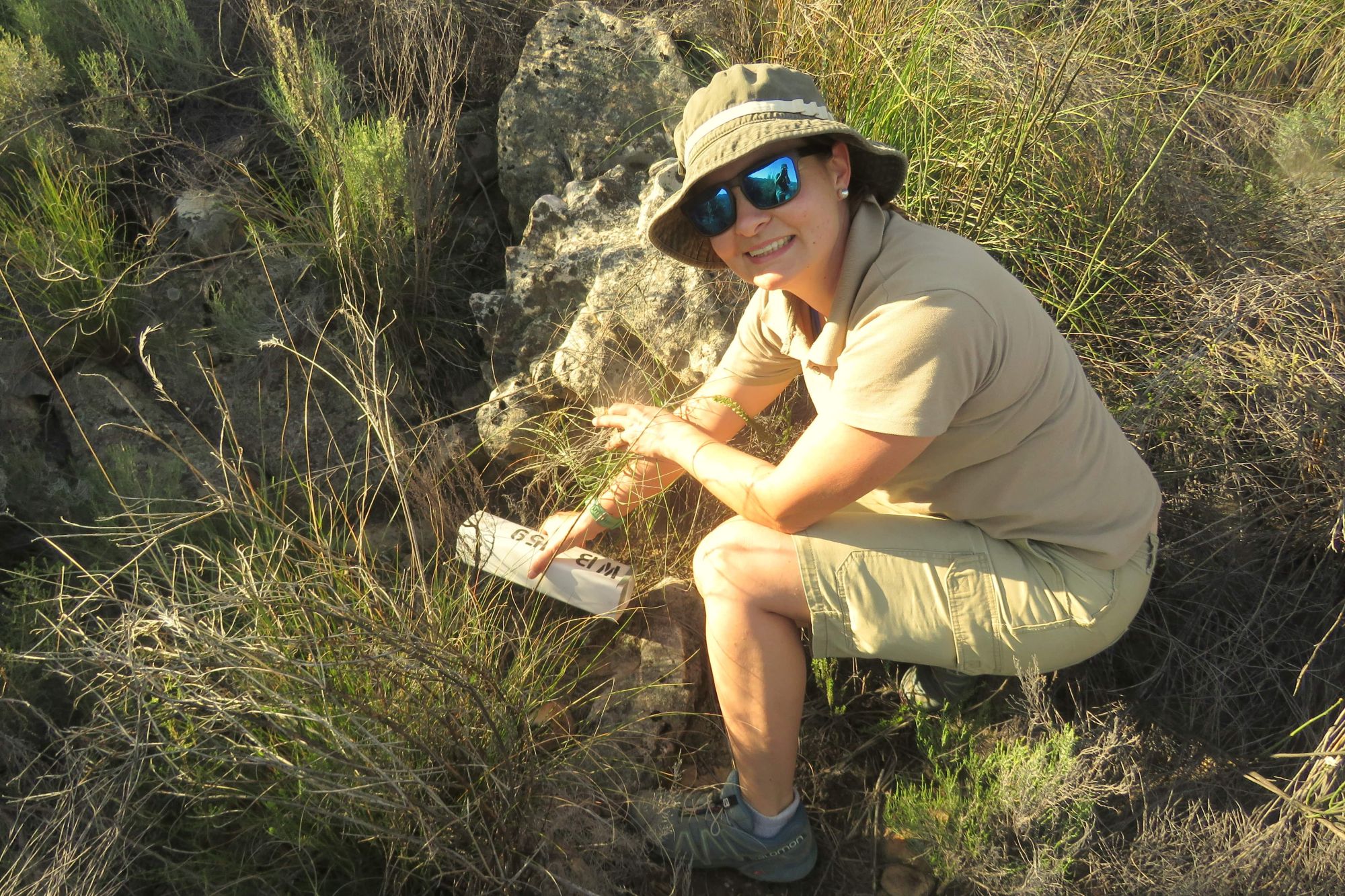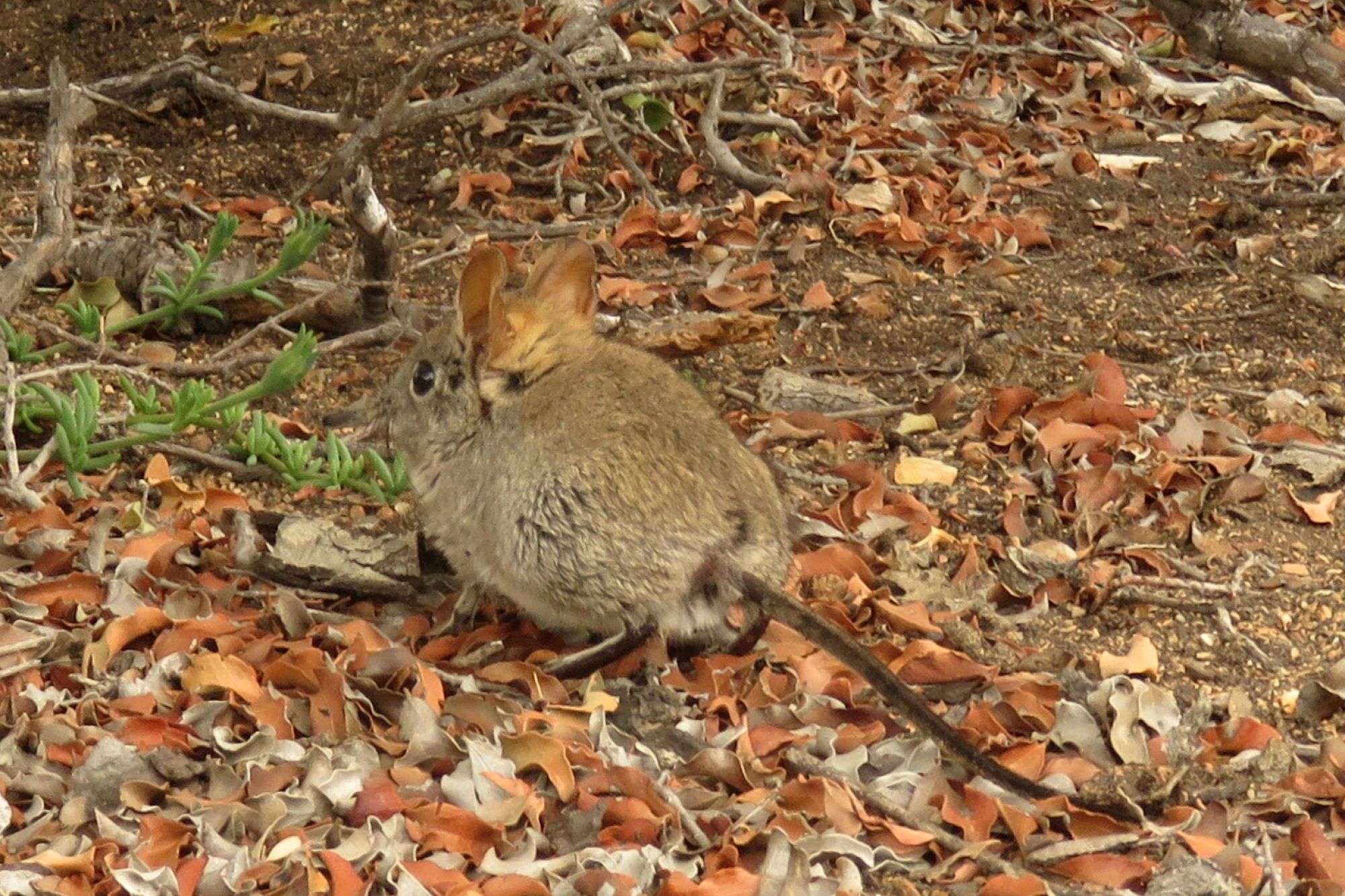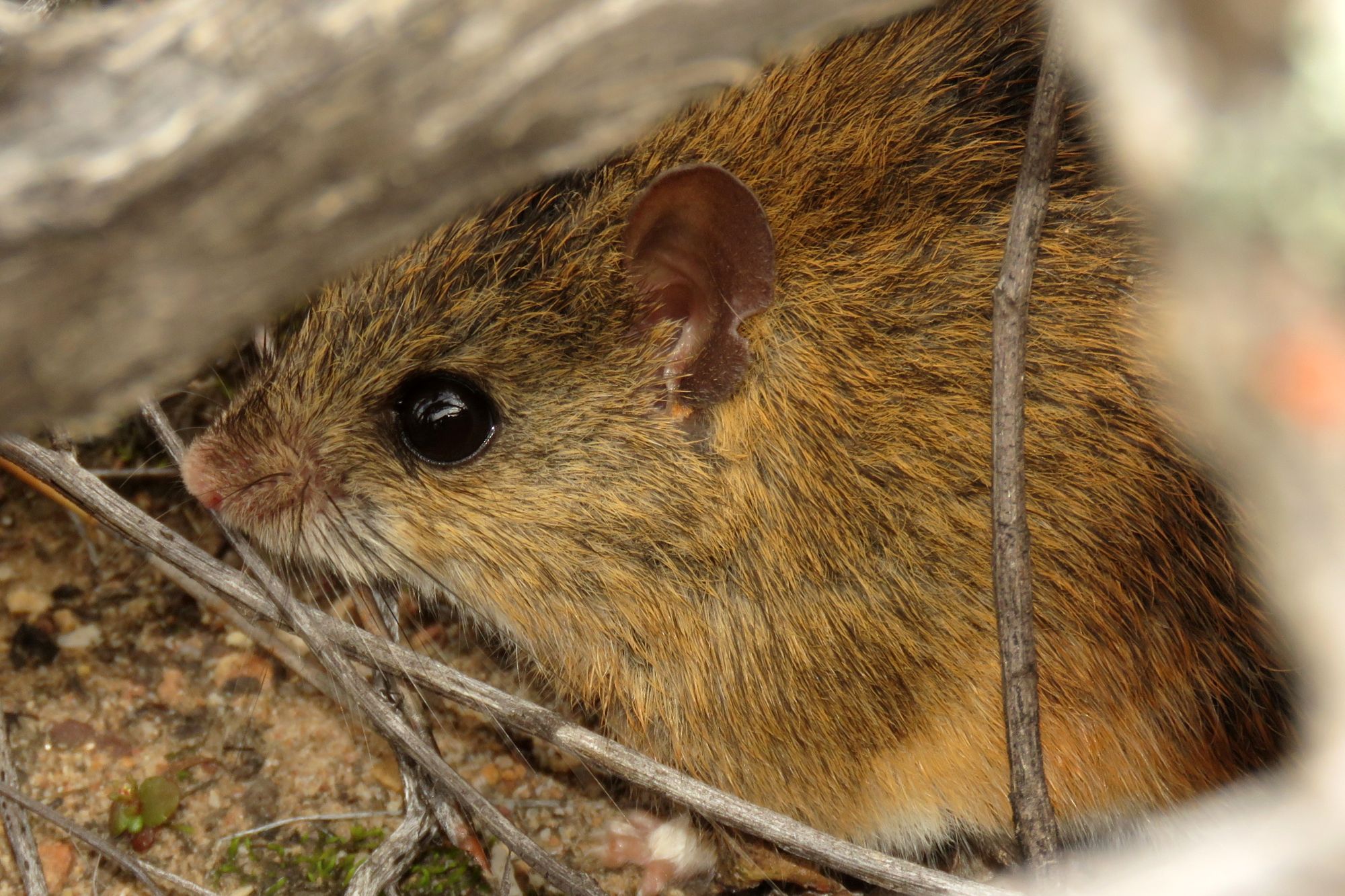
What rats and bats can tell us about ecosystems
By Dr Marienne de Villiers, Faunal Ecologist at CapeNature
They may be tiny, but small mammals play an important role in nature and some are excellent indicators of ecosystem condition. They are key prey species for many carnivores, they help to pollinate plants and disperse seeds, and their burrows aerate the soil. They also help to control insects, some of which carry diseases such as malaria and some of which are agricultural pests.

At the De Hoop caves, for example, it has been estimated that around 300,000 bats consume about 100 tons of insects per year! Unlike most bats, terrestrial small mammals such as mice and shrews can’t move over long distances to escape unfavourable conditions. During periods of drought, therefore, their numbers may crash. This was evident from the small mammal survey at Lettas Kraal, a farm belonging to Johan Roodt. The survey was part of a bioblitz arranged by EWT’s Drylands Conservation Programme, in collaboration with CapeNature and a group of volunteer experts. Bat activity was clustered around the homestead, where there was a plentiful supply of permanent water and insects. Species identified from bat calls, detected using a handheld ultrasonic recorder, included the Cape serotine, Natal long-fingered bat and Egyptian free-tailed bat. Far from the house, a single horseshoe bat was spotted hanging out in a rock crevice.
A family of Karoo bush rats had made itself at home in a secluded corner of the garden, but signs of small mammal activity in the veld, such as diggings and burrows, were scarce. But there were indications that times had been more favourable for these little critters in the past, and that the good times are likely to roll around again soon.

An old barn owl roost provided a view back in time. From bones collected there, expert Guy Palmer identified seven species of small mammal – a variety which included rats, mice, shrews, gerbils and sengis. Animals that were trapped and released gave a peek into the future – most were pregnant females, suggesting that there may soon be a boom in the small mammal population.





